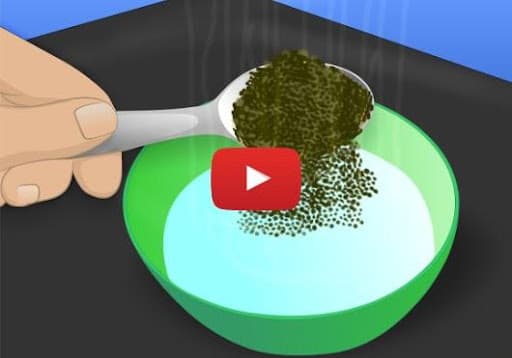MRI Scans To Find Plaque
The ongoing debate surrounding the most effective methods for detecting coronary plaque has introduced a controversial new approach—whole body MRI. While not commonly preferred over traditional imaging methods, some emerging evidence suggests MRI may have its unique benefits.
The inclusion of whole body MRI in the toolkit for assessing cardiovascular health stems from studies suggesting its potential in detecting plaque, which is a precursor to conditions like heart attack and stroke.
A recent study involving 138 healthy subjects using whole body MRI—including cardiac MRI and contrast—has shed light on its efficacy. Of the approximately 2,000 vessels evaluated, coronary plaque was identified in 12.3% of participants. This suggests a measurable potential for MRI in cardiovascular assessments.
When compared to CIMT, calcium score, and CT angiograms, MRI traditionally has been less often utilized. Each method carries with it distinct advantages, yet MRI presents itself as a viable alternative under certain circumstances.
- CIMT and CT Angiograms: Conventional choices known for reliability.
- Whole Body MRI: Used here to reveal systemic plaque detection.
MRI does offer fresh, relevant perspectives by potentially uncovering what other scopes might miss, especially when cross-referenced with patient history or symptoms that call for deeper exploration.
"While I might not personally choose MRI over other modalities for assessing coronary health, it is undoubtedly a helpful tool to consider when evaluating potential cardiovascular risks."
This thought illuminates the blended strategy required to optimize patient outcomes—balancing traditional and emerging technologies. For those committed to thoroughly assessing risk for heart attacks and strokes, an occasional whole body MRI could become an increasingly appealing part of a comprehensive cardiovascular evaluation.
From Around The Web
Wellness Inbox is a blog & weekly newsletter that curates trending news and products related to health and wellness from around the web. We also gather content from various sources, including leading health professionals, and deliver it directly to you.
Please note that we may receive compensation if you purchase any products featured in our newsletter. Wellness Inbox is not affiliated with, nor does it endorse, any health professionals whose content may appear in our newsletter. The information provided is for general informational purposes only and should not be considered medical advice.
The information provided is not intended to replace professional medical advice, diagnosis, or treatment. All content, including text, graphics, images, and information available is for general informational purposes only. We do not guarantee the accuracy or completeness of any information presented and assume no liability for any errors or omissions. The content is subject to change without notice. We encourage you to verify any information with other reliable sources and consult your physician regarding any medical conditions or treatments.







